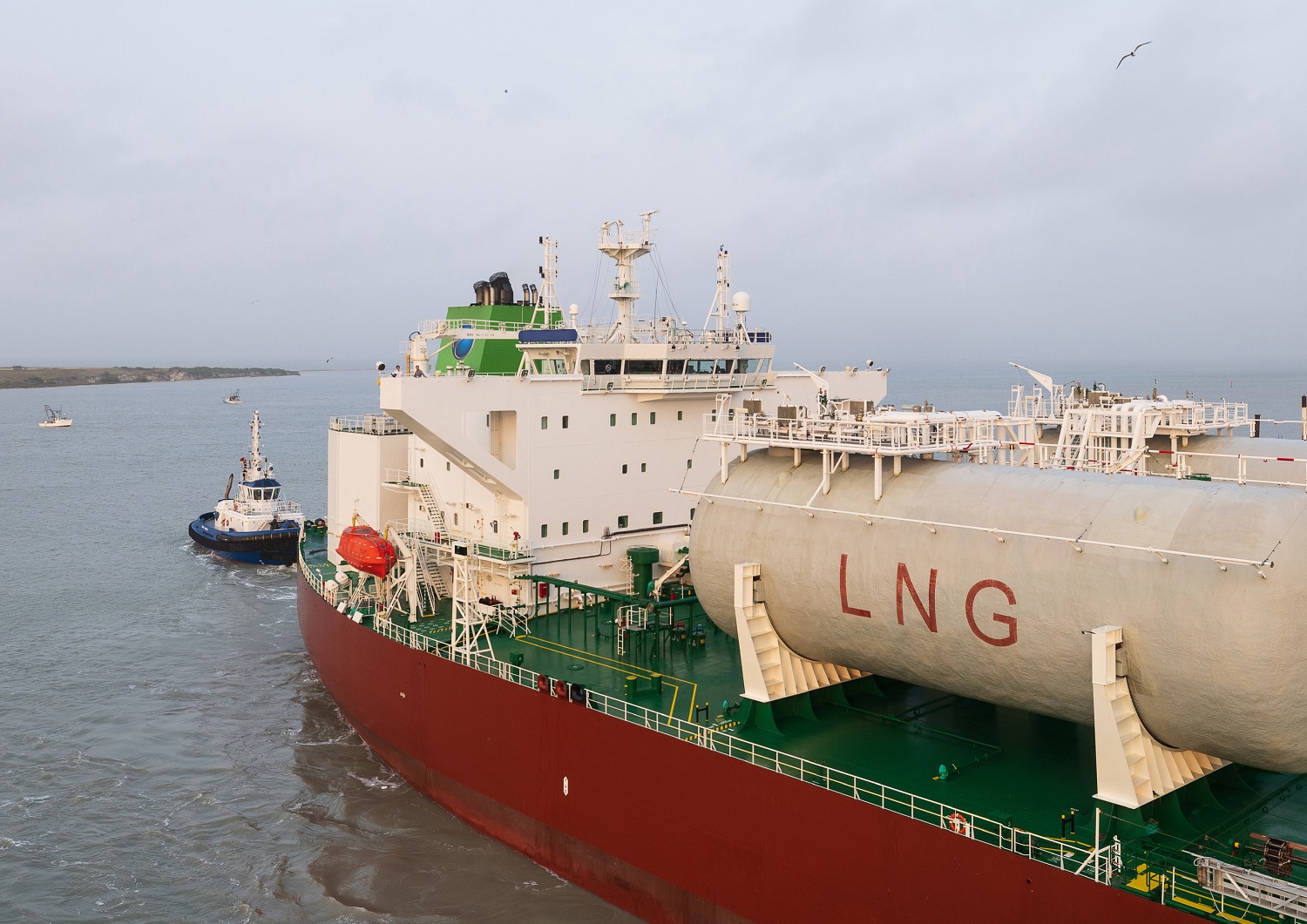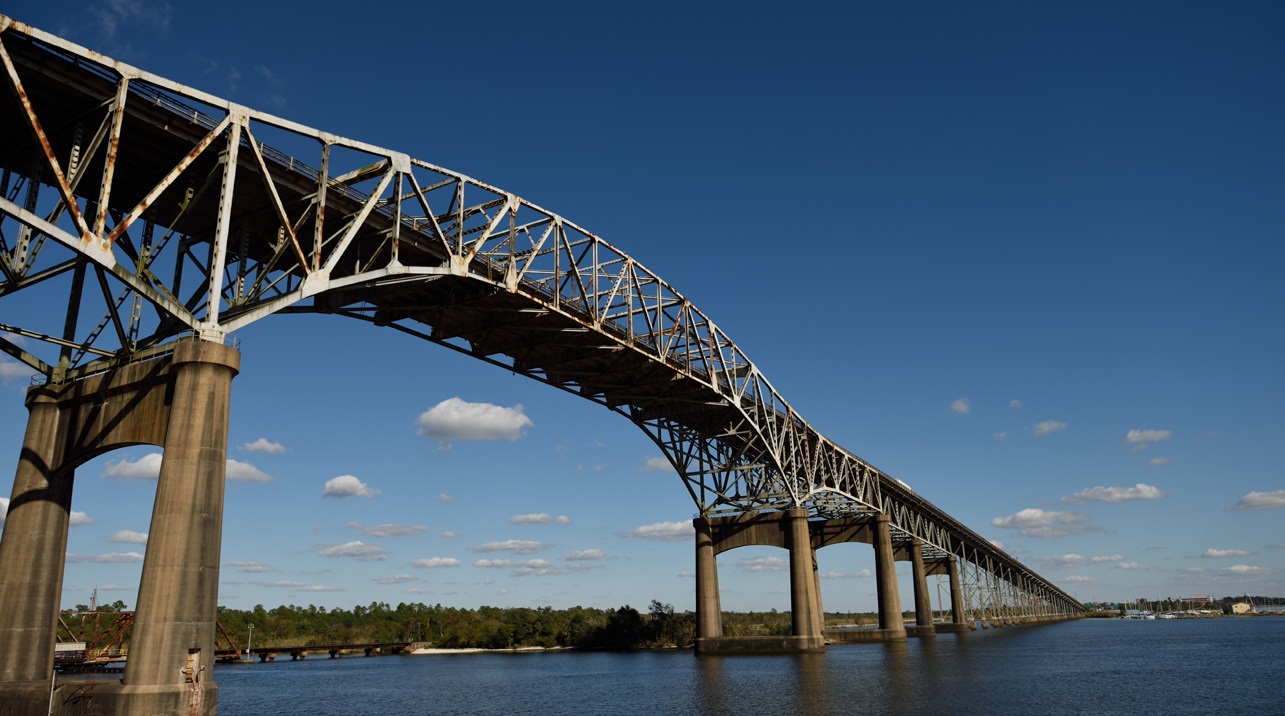Why Louisiana is the solution to global energy goals
Source: As seen in our paid article in the Baton Rouge Advocate
Date: Sept. 24, 2023
Energy security is a big global problem, driven by a mix of factors that include the worldwide push towards net-zero emissions, ongoing geopolitical conflicts and rising energy costs.

Louisiana has the solution—and it’s called LNG. Liquified natural gas, or LNG for short, is natural gas that’s been cooled to a liquid state, allowing it to be transported by sea using specially designed double-hulled ships.
LNG is key to bringing clean-burning and affordable natural gas to the world, enabling countries to meet their net-zero carbon goals while ensuring reliable access to energy.
“We strongly believe LNG will play a very important role in global greenhouse gas emissions reduction, and Louisiana will have a big part in this role,” says Allen Capps, senior vice president and chief commercial officer for gas transmission and midstream at Enbridge.
Natural gas is a critical component of a low-carbon energy portfolio that also includes renewables such as solar, wind and hydrogen. Renewable energy capacity continues to grow, but solar and wind power remain intermittently available. Abundant natural gas provides clean and reliable energy that supports a diversified, low-emissions power mix.
A global solution with local impact: “Natural gas is going to be the foundational fuel in a lower-carbon energy world,” says Capps.
“The proliferation of LNG means growth opportunities for the energy industry, which in turn will bring on job opportunities and other economic benefits to Louisiana.”
The Louisiana advantage: Louisiana is uniquely positioned to become a global LNG powerhouse, with the right resources, infrastructure and location to meet the residential, commercial, industrial and electric generation needs in North America and around the world.
“We’ve always had an advantage in Louisiana,” says Tommy Faucheux, president of the Louisiana Mid-Continent Oil & Gas Association. “The entire Gulf of Mexico oil and gas industry really looks to the Louisiana coast as the gateway to domestic markets and to the world.”
Louisiana’s edge can be attributed in large part to its ability to both produce and transport natural gas and LNG. About 10% of total natural gas production in the United States is based in Louisiana, according to the Energy Information Administration.
“Natural gas is going to be the foundational fuel in a lower-carbon energy world. The proliferation of LNG means growth opportunities for the energy industry, which in turn will bring on job opportunities and other economic benefits to Louisiana.”
—Allen Capps, Senior Vice President and Chief Commercial Officer Gas Transmission and Midstream, Enbridge
Louisiana also holds about 7% of U.S. natural gas reserves. The Haynesville Shale formation in the North Louisiana Salt Basin, for one, has the potential to become a significant source of natural gas, with an estimated 251 trillion cubic feet of recoverable shale gas—this alone is enough to meet America's entire natural gas needs for almost eight years.
“We have the natural gas, the pipeline infrastructure and the highly trained workforce to build and maintain pipelines and facilities,” says Faucheux.
Louisiana has also invested billions of dollars in solutions to reduce greenhouse gas emissions, and deliver lower-carbon energy to North America and the rest of the world. A number of projects are underway to build sites for carbon capture and storage (CCS)—a proven process for capturing carbon dioxide from industrial operations and storing it safely and permanently underground.
 Calcasieu River Bridge, Lake Charles, Louisiana.
Calcasieu River Bridge, Lake Charles, Louisiana.
From Louisiana to the world: Enbridge’s Venice Extension Project—once approved by the Federal Energy Regulatory Commission (FERC)—will bring natural gas to an LNG export terminal currently being developed in Plaquemines.
Once built, the pipeline extension will be a key connector for North American supply of LNG to the Gulf Coast, where it can be shipped to markets in Europe and Asia.
What does Louisiana need to move forward? Two words: Regulatory certainty. The energy industry needs the FERC, which governs the transmission and sale of energy across the nation, to provide a clear regulatory framework—one that has transparent, timely and predictable processes for evaluating projects and permits. Without it, natural gas and other energy companies can’t plan, finance and build the projects needed to meet global net-zero goals while ensuring energy security.
Brought to you by Enbridge.








